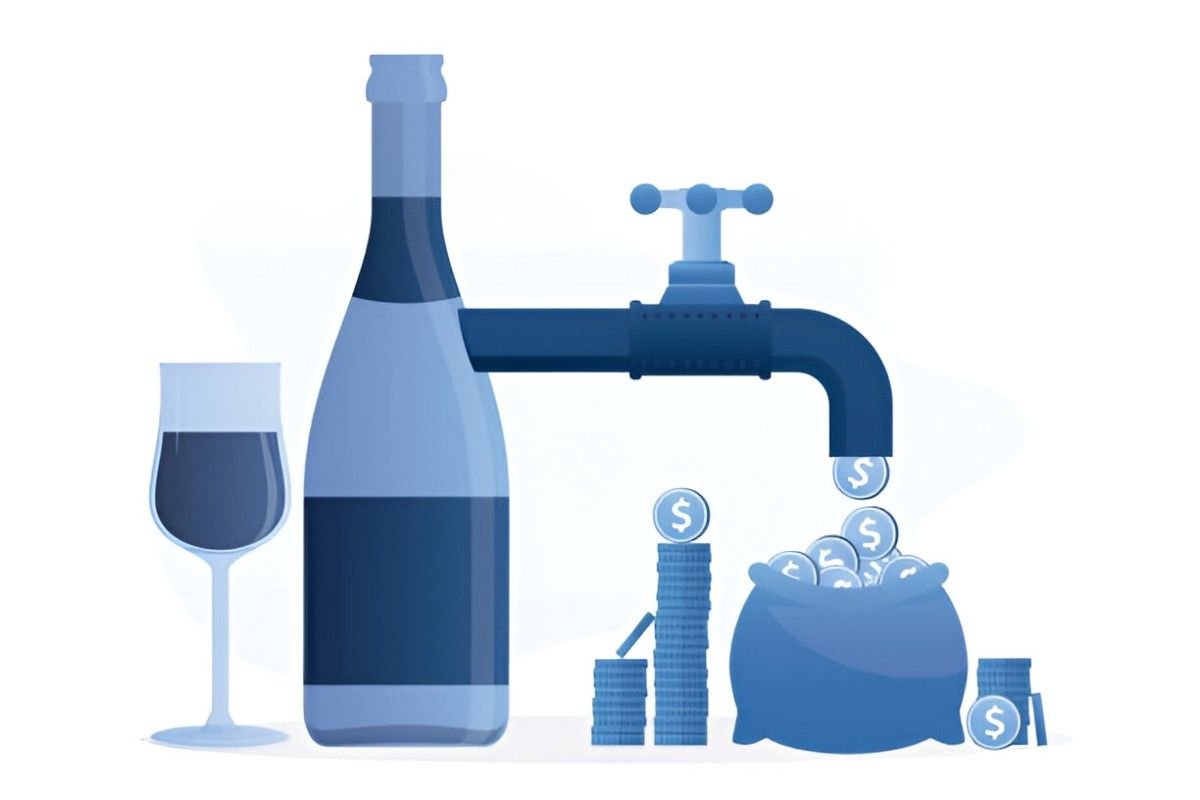As a finance expert, I often analyze niche investment opportunities that mainstream investors overlook. One such area is alcohol mutual funds—specialized funds that invest in companies producing, distributing, or retailing alcoholic beverages. These funds offer exposure to a resilient yet controversial industry. In this article, I’ll break down how alcohol mutual funds work, their historical performance, risks, and whether they fit into a diversified portfolio.
Table of Contents
What Are Alcohol Mutual Funds?
Alcohol mutual funds are sector-specific funds that invest primarily in companies involved in the production and sale of alcoholic beverages. These include:
- Breweries (e.g., Anheuser-Busch, Heineken)
- Distilleries (e.g., Diageo, Pernod Ricard)
- Wineries (e.g., Constellation Brands, Treasury Wine Estates)
Unlike individual stock picking, these funds provide diversified exposure to the alcohol industry while mitigating company-specific risks.
Why Invest in Alcohol Mutual Funds?
1. Defensive Industry Characteristics
The alcohol industry is non-cyclical—people drink in both good and bad economic times. Historical data shows that alcohol stocks often outperform during recessions.
For example, during the 2008 financial crisis, the SPDR S&P 500 ETF (SPY) fell -36.7%, while Constellation Brands (STZ) gained +12.3%.
2. Strong Dividend Yields
Many alcohol companies pay consistent dividends. For instance, Diageo (DEO) has a 2.5% dividend yield, while Brown-Forman (BF.B) offers 1.3%. Mutual funds holding these stocks pass on dividends to investors.
3. Global Demand Growth
Emerging markets (China, India) are driving alcohol consumption. The global alcoholic beverages market is projected to grow at a CAGR of 3.4% (2023-2030).
Performance Analysis of Alcohol Mutual Funds
Let’s compare two popular alcohol-focused funds:
| Fund Name | Expense Ratio | 5-Year CAGR | Top Holdings |
|---|---|---|---|
| Fidelity Select Beverage (FBREX) | 0.77% | 8.2% | Diageo, Pernod Ricard, Constellation Brands |
| Invesco Beverage ETF (SBRE) | 0.50% | 7.5% | Anheuser-Busch, Heineken, Molson Coors |
Calculating Expected Returns
Suppose I invest $10,000 in FBREX with an 8.2% CAGR. Using the future value formula:
FV = PV \times (1 + r)^nWhere:
- PV = \$10,000
- r = 8.2\% = 0.082
- n = 5 \text{ years}
A 48.36% return over five years is competitive compared to the S&P 500’s historical 10% annualized return.
Risks of Alcohol Mutual Funds
1. Regulatory and Tax Risks
Governments impose sin taxes on alcohol. A sudden tax hike could hurt profitability.
2. ESG Concerns
Many ESG (Environmental, Social, Governance) funds exclude alcohol stocks due to health concerns. This limits institutional investment.
3. Changing Consumer Preferences
Millennials and Gen Z are drinking less beer but more spirits and non-alcoholic alternatives. Funds must adapt.
Are Alcohol Mutual Funds Right for You?
Pros:
✔ Stable demand in economic downturns
✔ Dividend income from established brands
✔ Global growth potential
Cons:
✖ Regulatory risks
✖ Ethical concerns for some investors
✖ Sector concentration risk
If you seek defensive exposure and can tolerate sector-specific risks, alcohol mutual funds may be a smart addition to your portfolio.
Final Thoughts
Alcohol mutual funds offer a unique way to invest in a recession-resistant industry. While they won’t replace broad-market ETFs, they can enhance diversification. Before investing, assess your risk tolerance and ethical stance.





